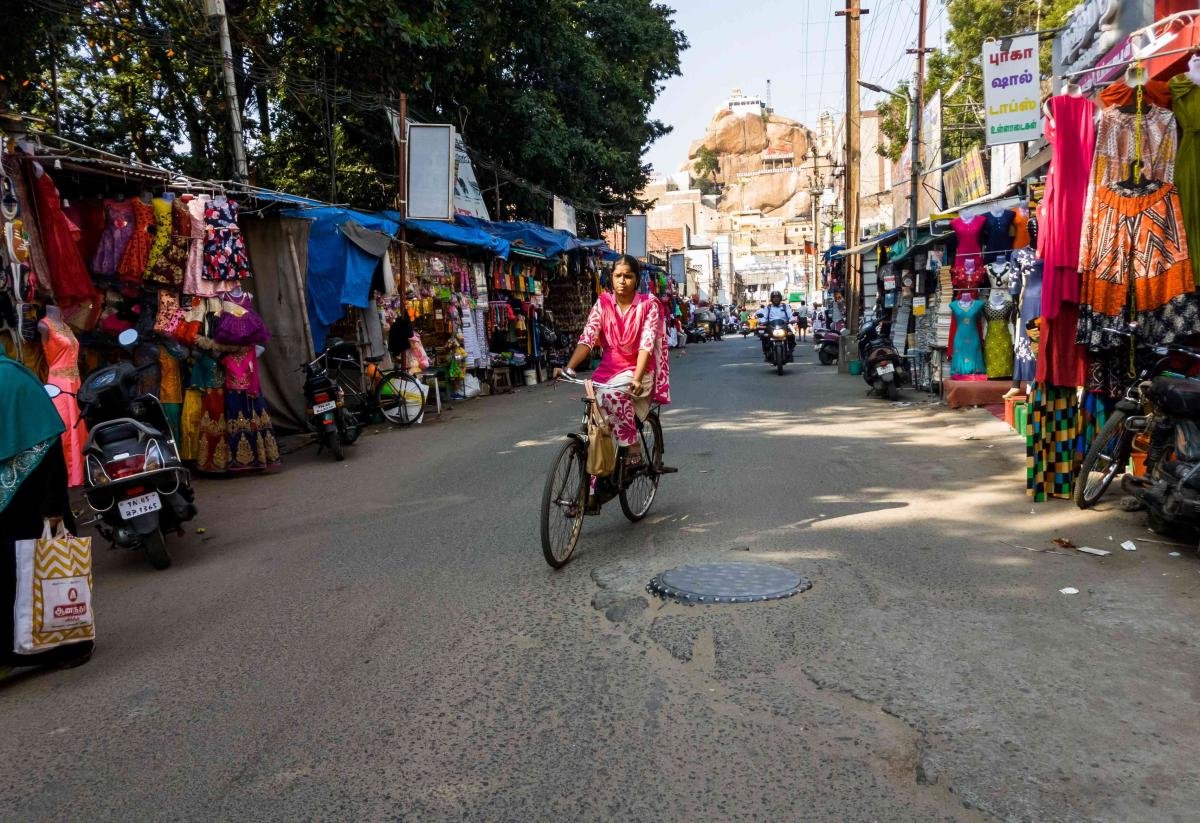In a ground-breaking effort to promote sustainable and gender-responsive transport infrastructure, the Coimbatore City Municipal Corporation (CCMC) has unveiled a 15-year plan for a Non-Motorized Transport (NMT) network. With an investment of approximately USD 121 million, the project aims to alleviate traffic congestion, enhance road safety, and reduce Co2 emissions. The ambitious plan seeks to benefit one million people, particularly women, the elderly and low-income communities, by improving access to safe, affordable and convenient transportation.
Transport systems play a vital role in advancing gender equality, as they enable individuals to navigate their daily lives efficiently and safely. However, existing transportation models and infrastructure often fail to address women’s unique needs and experiences.
Women’s mobility patterns differ from those of men due to gender roles, biases, cultural contexts and safety concerns. They are more likely to rely on walking and public transport, facing limitations in terms of time, access to resources and personal safety. The neglect of gender perspectives in transport planning and decision-making perpetuates inequalities and undermines the potential for progress.
The case study of Coimbatore’s NMT plan exemplifies the potential of gender-responsive transport infrastructure. By analysing the project’s economic, social and environmental outcomes using the Sustainable Asset Valuation methodology, it becomes evident that NMT network would offer efficient and safe transportation and yield substantial economic benefits.
In the context of India, where women face numerous challenges related to employment, safety and cultural norms, the Coimbatore NMT network presents an opportunity to address gender inequalities. Integrating walking and cycling infrastructure can reduce congestion, decrease travel time and alleviate time poverty, enabling women to pursue education, employment and personal development.


